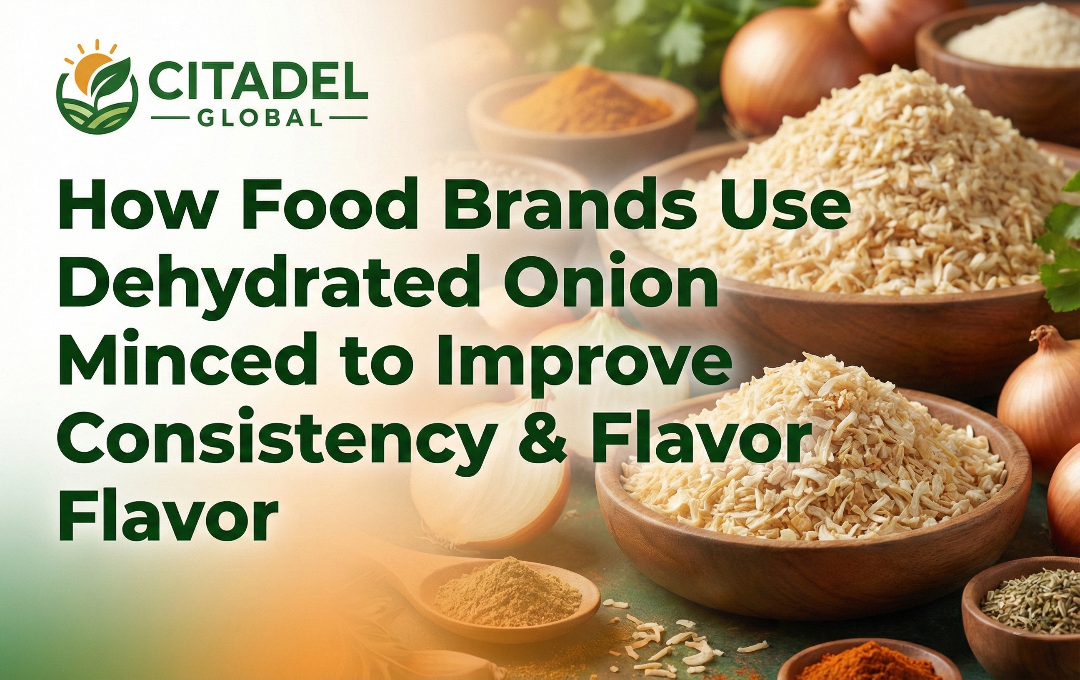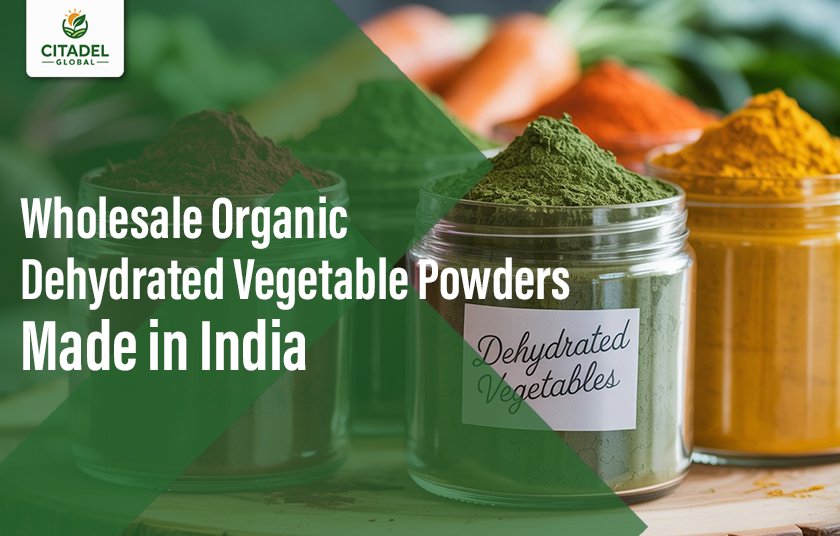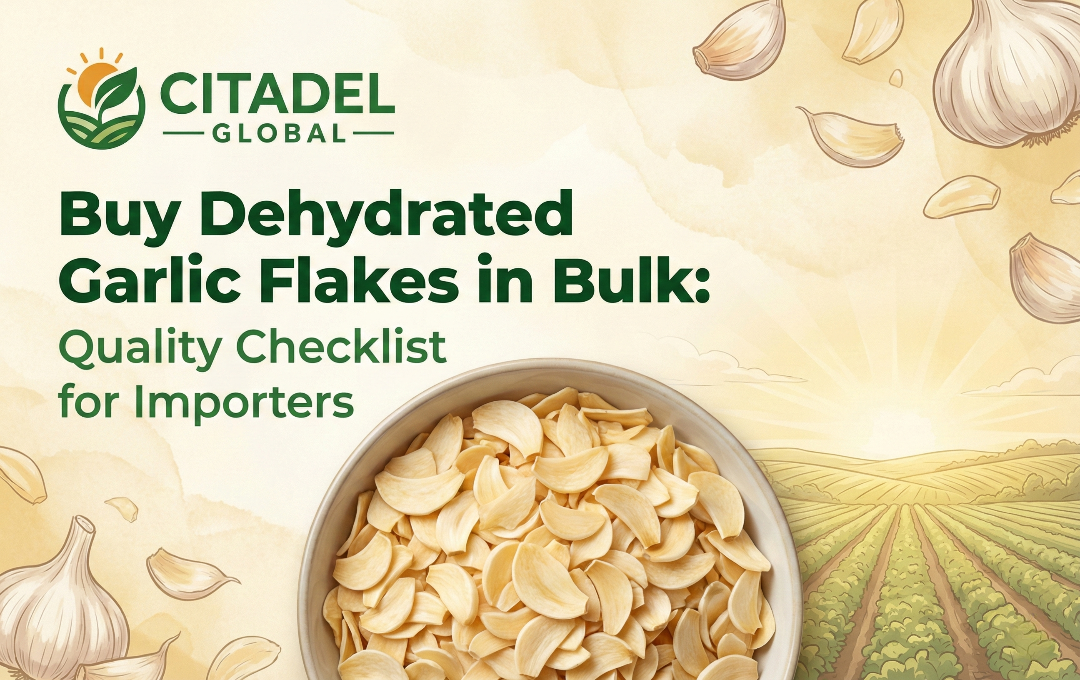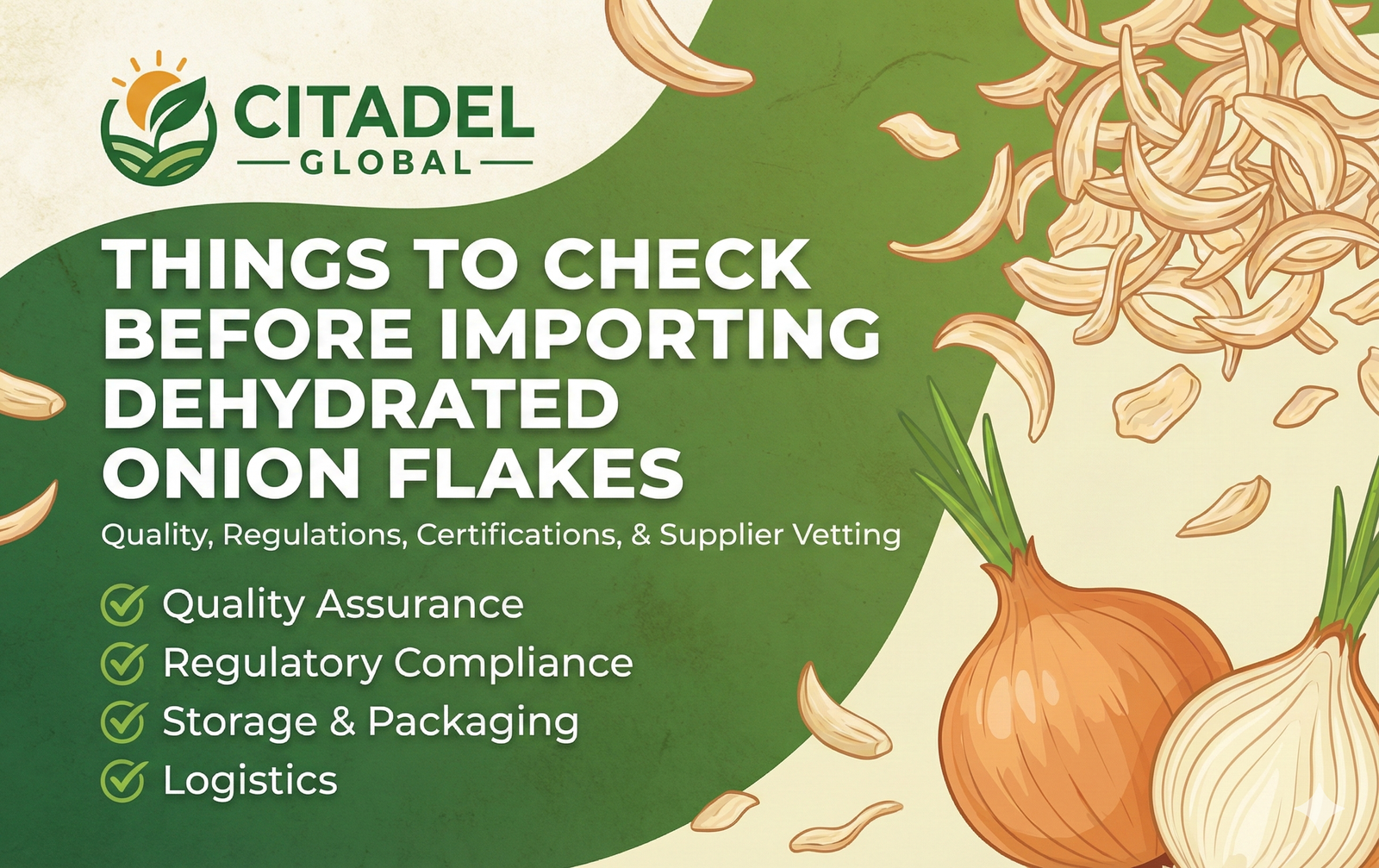


- By Admin
- Food powders, Dehydrated vegetable powder
Wholesale Organic Dehydrated Vegetable Powders | Made in India
Tasted the Powder. Still Wondering Why It Feels Off? Let’s Fix That.
You’ve probably bought wholesale dehydrated vegetable powders before—maybe bulk-packed in shiny pouches from a glowing export catalogue that promised “premium grade” or “100% natural.” But once it hit your test batch, things started to feel... flat.
Where was the aroma?
Where was the sharp, bright note of actual vegetables?
Why did it taste processed instead of preserved?
It’s not just you. This happens all the time in the B2B food space. Whether you're a chef sourcing in volume, a startup building a spice blend, or a food-tech brand working on a ready-meal line—you know this struggle. And if you’ve ever stared at clumpy powder with a best-before tag that's two years out but smells like cardboard, then yes—you’ve been here.
This is more than an inconvenience. It’s a sourcing failure. And in today’s market, that’s a brand killer.
From Dust to Discipline: What Buyers Are Really Paying For
Here’s the thing—vegetable powders are not filler. They’re formulation gold when done right.
-
Long shelf life with real retention of color, taste, and nutrients
-
Lightweight for shipping, easy for scale
-
Safe, consistent, and precisely portionable
-
Clean-label ready for global transparency demands
But most importantly: they’re a test of your supply chain’s discipline.
Great powder isn’t made in a rush. It’s cultivated, processed, and preserved through science-backed dehydration methods that lock in essence, not just shelf life.
That’s where real suppliers—dehydrated vegetable powder suppliers who care about more than volumes—rise above the rest.
Case Study: How a Canadian Plant-Based Brand Doubled Its Shelf Life With Indian Sourcing
Let’s get specific.
A mid-sized vegan food brand in Toronto was struggling. Their soups and dry meal kits were failing QC due to inconsistent taste across batches. Their European powder supplier? Great branding, but their onion and garlic powders varied wildly depending on season—and shipping delays worsened the problem.
That’s when they discovered an Indian clean-label exporter who wasn’t just selling dehydrated vegetables, but was mapping every batch to traceable farm clusters.
What changed?
-
Shelf life extended from 12 months to 24—without adding a single preservative
-
Batch consistency hit 98%, up from 63%
-
Customer complaints dropped to zero within three cycles
-
And they cut ingredient costs by 31% due to India's favorable organic dehydrated vegetable powder price in India
This wasn’t just better product. It was better business.
Precision in Every Particle: Behind the Ritual of Clean Sourcing
Every great powder begins with the dirt under someone’s fingernails.
Before it’s dried, sieved, and packed, it’s hand-checked. Field by field. Batch by batch.
You won’t find this in glossy catalogs or PDF specs—but the real exporters, the ones who build sourcing like a ritual, follow a flow that’s part science, part discipline, and part silent promise.
-
Pre-harvest mapping ensures only select farms with the right soil chemistry are contracted
-
Post-harvest testing eliminates heavy metals, pesticide residues, and microbial risks
-
Small-batch dehydration allows for aroma control—yes, that’s a thing
-
And every lot comes with a paper trail so clear, you can trace it to the village it came from
This isn’t some automated factory line churning out bland powders. It’s a quiet choreography of standards—and it’s exactly what separates average suppliers from the exporters who take ingredient integrity personally.
India’s Clean-Label Revolution: Not Just Cost, But Confidence
India is emerging as the quiet force behind premium-grade organic powders. Not because it’s cheap—but because it's figured out how to do scale without losing soul.
-
Advanced dehydration systems that retain color and nutrients
-
FSSAI-certified, export-compliant units with batch coding
-
Organic farming contracts ensuring pesticide-free sourcing
-
Processed in humidity-controlled environments to eliminate clumping and spoilage risks
All of it creates a new standard for organic powders—one where international buyers don’t have to choose between affordability and quality.
This isn't just a supplier revolution. It’s a buyer liberation.
Trends You Can’t Ignore in 2025: The Rise of Ingredient Minimalism
Let’s not pretend we’re still in 2020.
In 2025, clean-label is not a premium—it’s the minimum. And vegetable powders are leading the wave of what analysts are calling ingredient minimalism.
What’s driving it?
-
Consumers now read back-labels first, front-labels second
-
Global food expos are dominated by booths offering no-additive alternatives
-
Functional foods and superfood blends are turning to powders as core delivery vehicles
-
Even legacy brands are reformulating to meet ESG and clean-label expectations
The result? A worldwide shift toward ingredient transparency—where powders aren't hidden, they're highlighted.
This is where organic vegetable powders for cooking and wellness categories start to converge—because they’re no longer just “add-ins.” They are central to what makes food modern, meaningful, and scalable.
From Kitchen Use to Commercial Scale: One Powder, Many Futures
Ask yourself—what would it look like if your powder actually worked?
Imagine it in:
-
Large-scale hotel kitchens for gravy bases
-
High-end spice mixes that pop with brightness
-
Nutraceutical blends that don’t need masking agents
-
Vegan sauces where the color stays vivid even after six months
Food powders are no longer a corner commodity. They’re shaping everything from baby foods to keto meal kits. And the best part? When they’re sourced right, they don’t just sit on shelves… they build reputations.
And Who’s Quietly Leading That Shift? You’ll Want to Know This Name
While most exporters flood inboxes with price sheets and hollow claims, a few choose to lead differently.
Citadel Global isn’t the name on a billboard. But it might be the name on the best powder you’ve never traced back.
Founded without fanfare, grown through trust, Citadel Global built itself not on hype—but on sourcing precision, export consistency, and clean-label conviction.
Today, they stand behind a range of dehydrated agro products—from garlic to onion, wheat flour to Himalayan salt—and yes, the kind of wholesale dehydrated vegetable powders that meet the moment in this evolving food landscape.
Their ethos?
-
No shortcuts
-
No additives
-
No diluted claims
Just long-shelf-life, lab-tested, trustworthy powders that travel well and perform even better.
So, if you're tired of inconsistency and invisible margins in your sourcing journey—maybe it’s time to stop sampling and start partnering.
Citadel Global doesn’t just export ingredients. It exports confidence.





